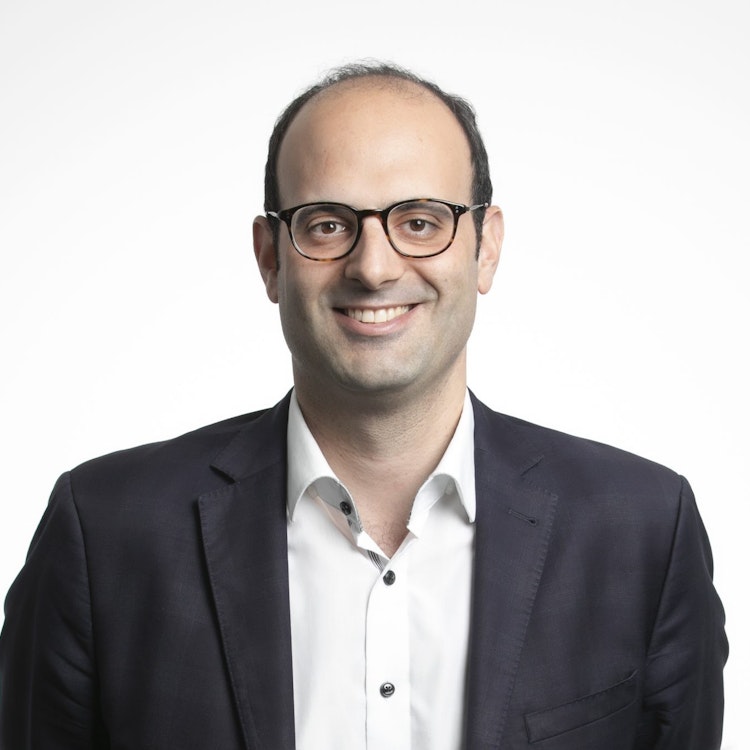The European Investment Fund (EIF) gets pitched by a lot of VC funds — nearly 700 last year, head of VC investments David Dana tells Sifted. Until recently, very few of those were defence tech or dual use funds; but now that’s changing.
At the beginning of 2024, the EIF — the biggest investor in European VCs — announced a €175m pool of money to invest in defence tech, the size of which Dana hopes “will increase in the future”.
In June, the EIF clarified that it will be investing in so-called dual use tech — which has both military and commercial applications — but not weapons or ammunition. Since then, VCs have been more eager to pitch the EIF, says Dana: “Most of them were on hold, in a way — waiting for this clarification before submitting a proposal.” He says the EIF is currently considering 8 to 10 defence or dual use funds, as well as a few mid-market private equity funds. (The EIF hasn’t yet made any investments in these funds but expects to do so by the end of the year.)
He believes that number will grow: “Honestly, I would say between now and the end of the year, I would expect at least twice the amount that we have — so at least 10 more — to submit their proposals, also keeping in mind that a number of [generalist VC] players will also reach out to us [and say], 'Okay, by the way, we also regularly do dual use.'”
The EIF won’t invest in weapons, though — still a controversial subject for many VCs and LPs. Dana says that’s in part because the EIF needs to find other LPs to invest alongside them, and "most, if not all of them, do not want to be associated [with] weapons”. Dana also adds that it can be risky from an ESG perspective for rating agencies assessing the EIF.
The EIF isn’t alone in trying to boost investment in defence tech: the NATO Innovation Fund, a deeptech and defence fund backed by 24 NATO countries, is also angling to get more funding into startups and VC funds. The pair announced a partnership to boost investment in the space last week.
VC fundraising is ‘starting to resume’
Outside of just dual use, VC fundraising has been “quite slow” from 2022 through the end of the first quarter of this year, says Dana; but “it's starting to resume in a way”. He says the EIF is seeing a lot of VC fund pitches, and that “what has changed now is that there are two main focuses currently: one is about climate tech; the other one is about deeptech. Depending on how you define one or the other, sometimes there's a big overlap, but these are the two main trends that we see emerging now,” he tells Sifted.
There’s also been a bigger focus on female-led funds in the last year, since the EIF’s new CEO, Marjut Falkstedt, joined in January 2023. “There's a maybe stronger emphasis on the role of women, especially in VC,” says Dana. He adds that the EIF is seeing more women-led funds pitching, which are largely focusing on sustainability. “What we are still lacking is in deeptech, for sure.”
What is also lacking is the number of funds pitching the EIF in that in-between stage from early to growth. “What is always surprising to me is that we have very few proposals positioning themselves from the Series B, Series C,” Dana says. “We have a lot [in] seed and early stage; we are starting to see more and more on growth stage, but in between, very few.”




